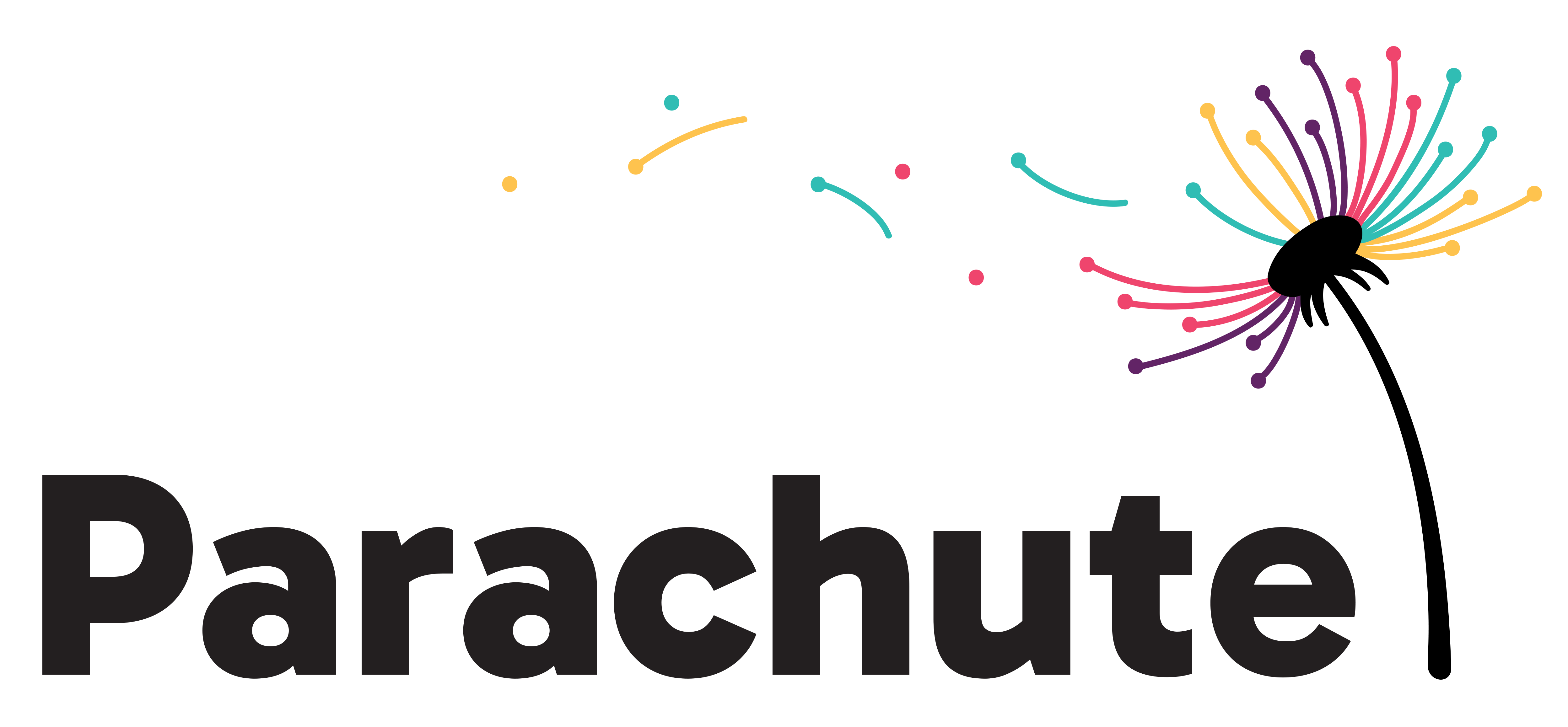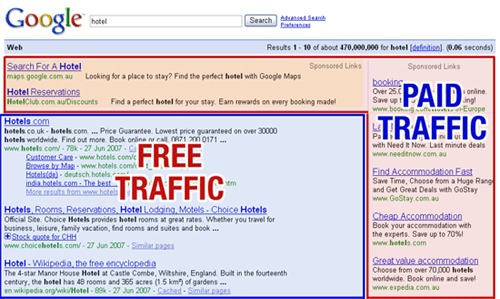SEM means Search Engine Marketing. It is often called PPC – Pay Per Click or Paid Search or often it has now been reduced to “adwords” as in Google Adwords.
In my and many digital strategist’s opinion, search marketing is the most cost effective online marketing channel and should make up the largest percentage of your online media budget. Search is crucial to the success of a campaign and must be included in any digital media channel strategy. Having said that, it is admittedly a fragmented channel that requires some serious thought about how you want to use it and which search strategy will get you where you need to be, in the short, medium and long term.
Remember that search must be integrated into your overall media campaign. If your business is investing heavily in radio, television or print advertising, if the creative has the desired effect, it will have a flow on effect in search queries. In a world where the “2nd and 3rd screen” is becoming increasingly common-place and where users are consuming multiple mediums through multiple devices at the same time (meaning they’re using their mobile phone or iPad or computer at the same time as watching TV), your search or more specifically, your digital integration strategy, is more important than ever.
Google Adwords is the most commonly known form of search marketing (SEM). Of course there was Yahoo! Search Marketing before Adwords but in Australia, Google has about 95% market share (the percentage of Australians who choose to use Google instead of other search engines such as Ask.com or Yahoo.com.au) so if you’re going to invest in a paid search campaign in Australia, it should be Google Adwords.
With the rise of other search channels, we must be clear on the role of paid search (SEM or PPC as above) as part of the overall search marketing mix. Paid search is not to be confused with SEO (search engine optimization), the difference being that you can control your search traffic (to an extent) when you pay per click with SEM whereas we could arguer that you have to put in more technical, and longer term, hard work to be as effective with SEO.
For more information on how Search Engine Marketing (SEM) works, click here.


Hey, cool content, but WordPress breaks it up on my monitor. Maybe it’s the plugin you have on the site. Have you considered a different CMS?
Hi Rodney,
I have considered others but prefer WordPress as its so user friendly but it might be the Beuno theme. I don’t like this very much and am looking at changing it, its just not high on the list of priorities at the moment.
Thanks for letting me know there is an issue though.
What browser were you using?
Cheers,
Shanelle
Normally I do not read article on blogs, however I wish to say that this write-up very compelled me to try and do so! Your writing style has been amazed me. Thank you, quite nice post.
Interesting blog! If you guys need more information on on-page optimisation please refer to on-page optimisation website (it also has How Does Search Engine Marketing Work – Paid Search – PPC – SEM section) or contact me at daveblythe@gmx.com and take advantage of special discount which is valid on every Thursday. Hope this helps.
Always keep in mind “Imagination is more important than knowledge. For knowledge is limited to all we now know and understand, while imagination embraces the entire world, and all there ever will be to know and understand.” – Albert Einstein
Wow this is a must read, bookmarking your blog now. Please continue to write, your style is very well read.